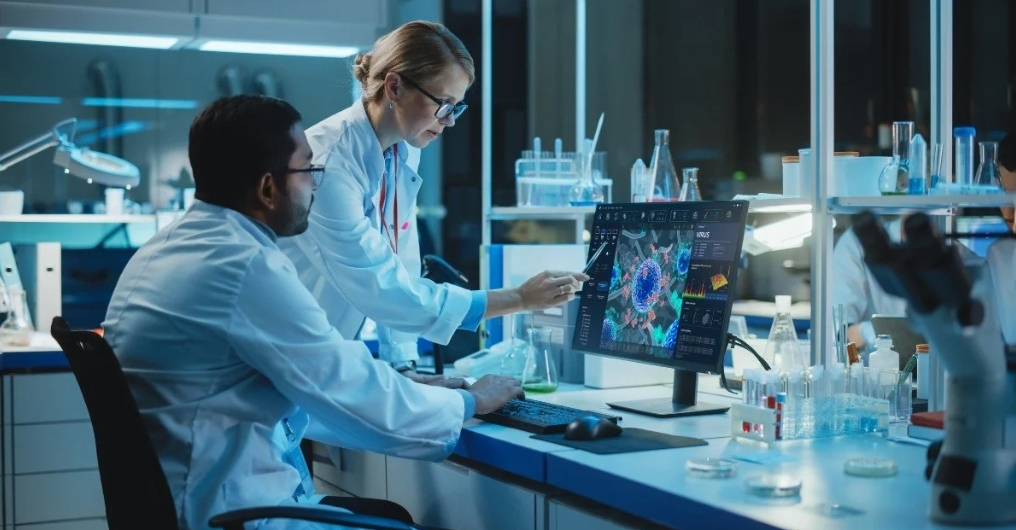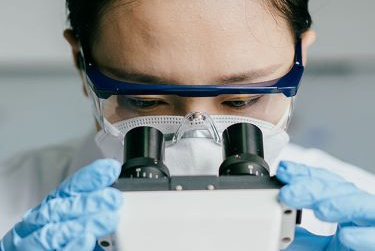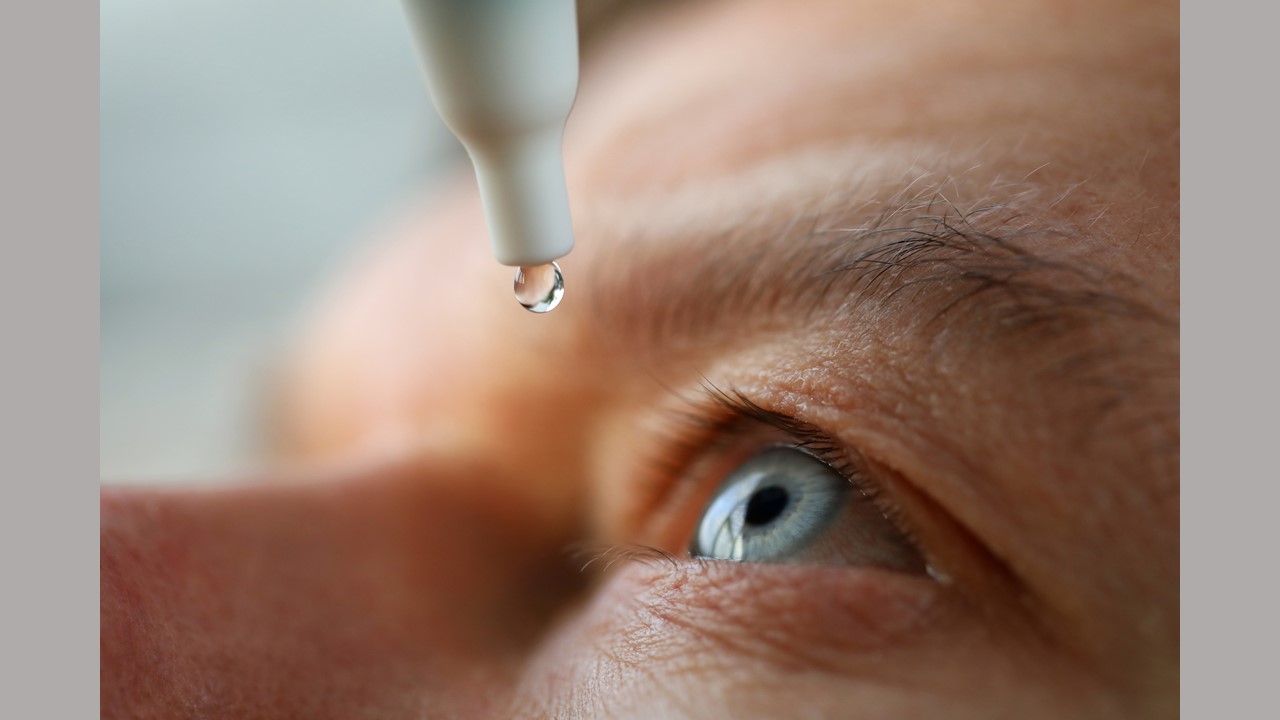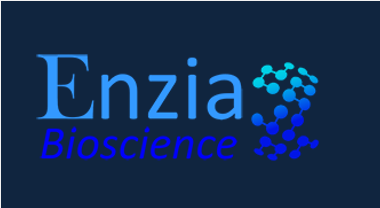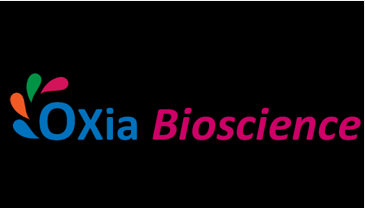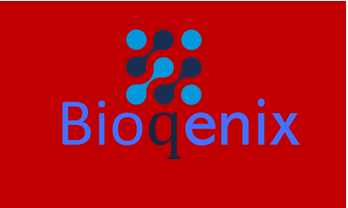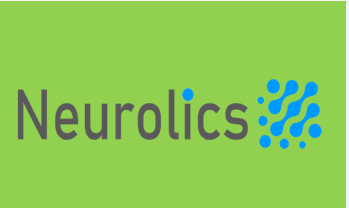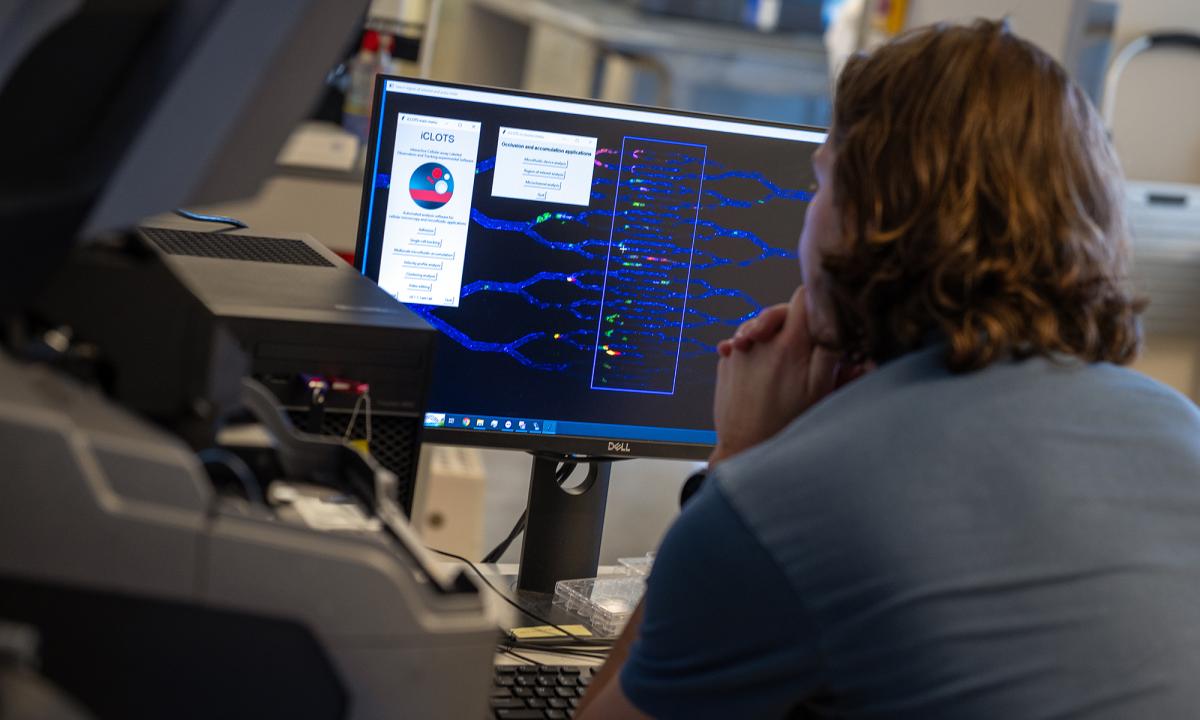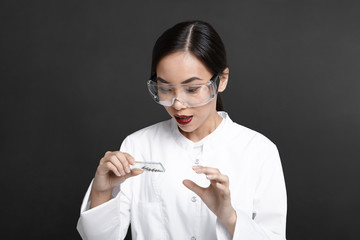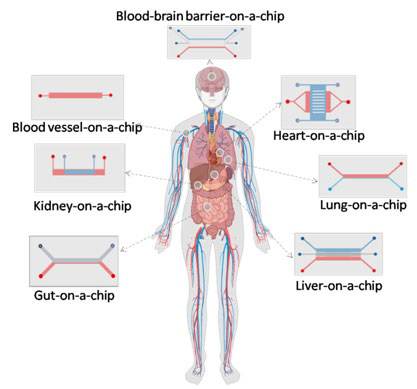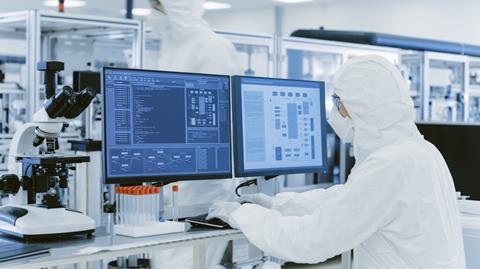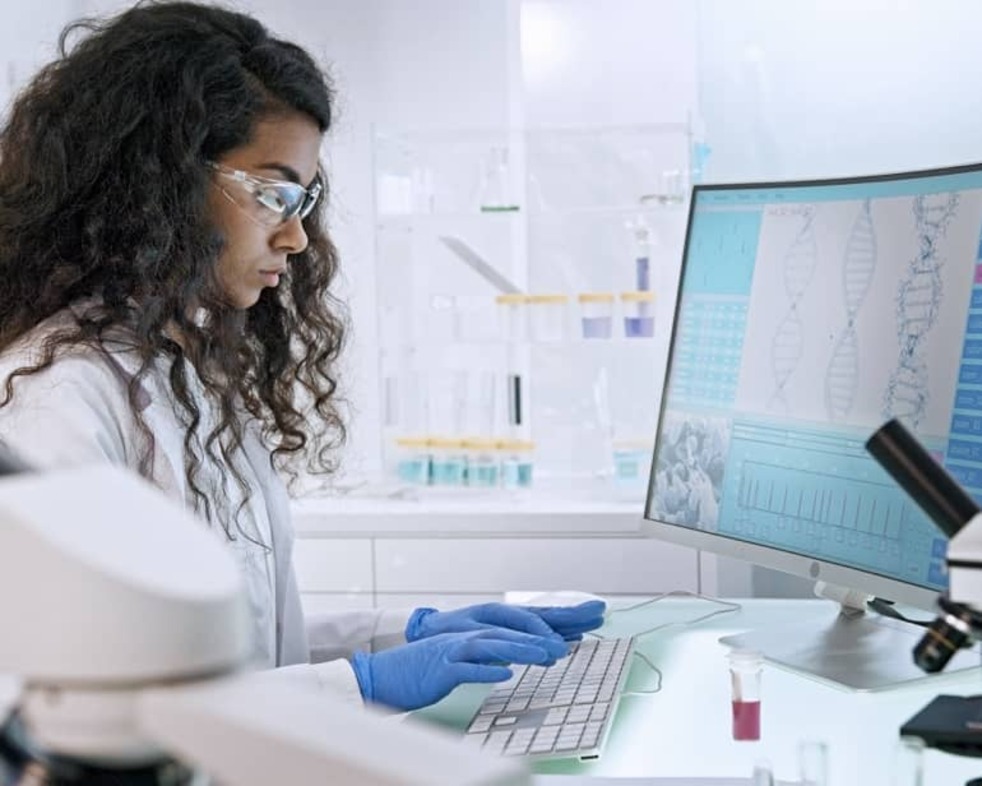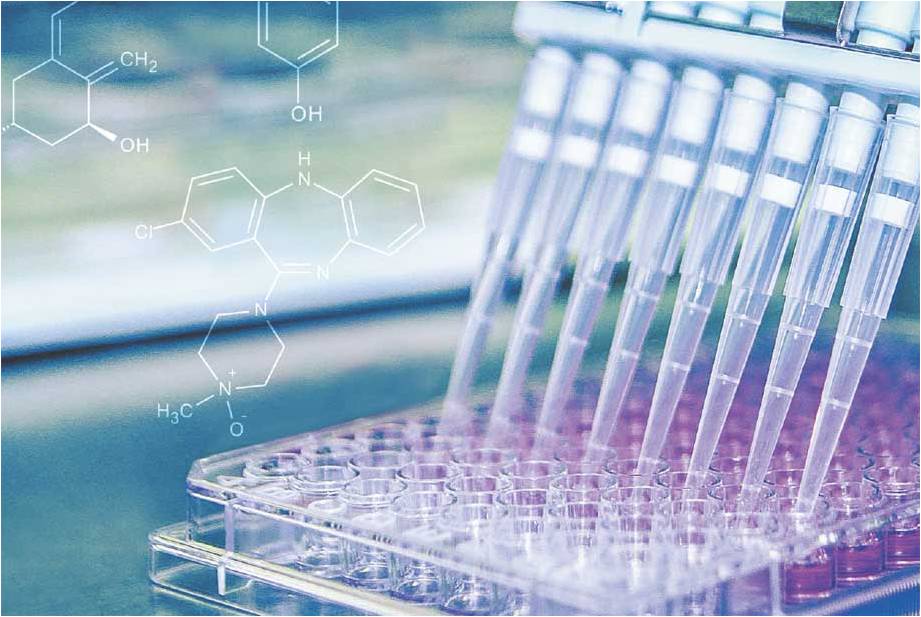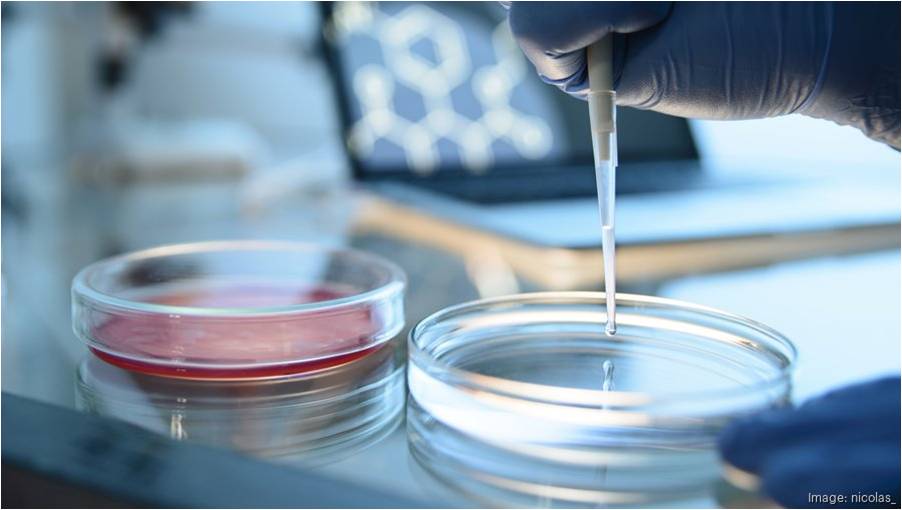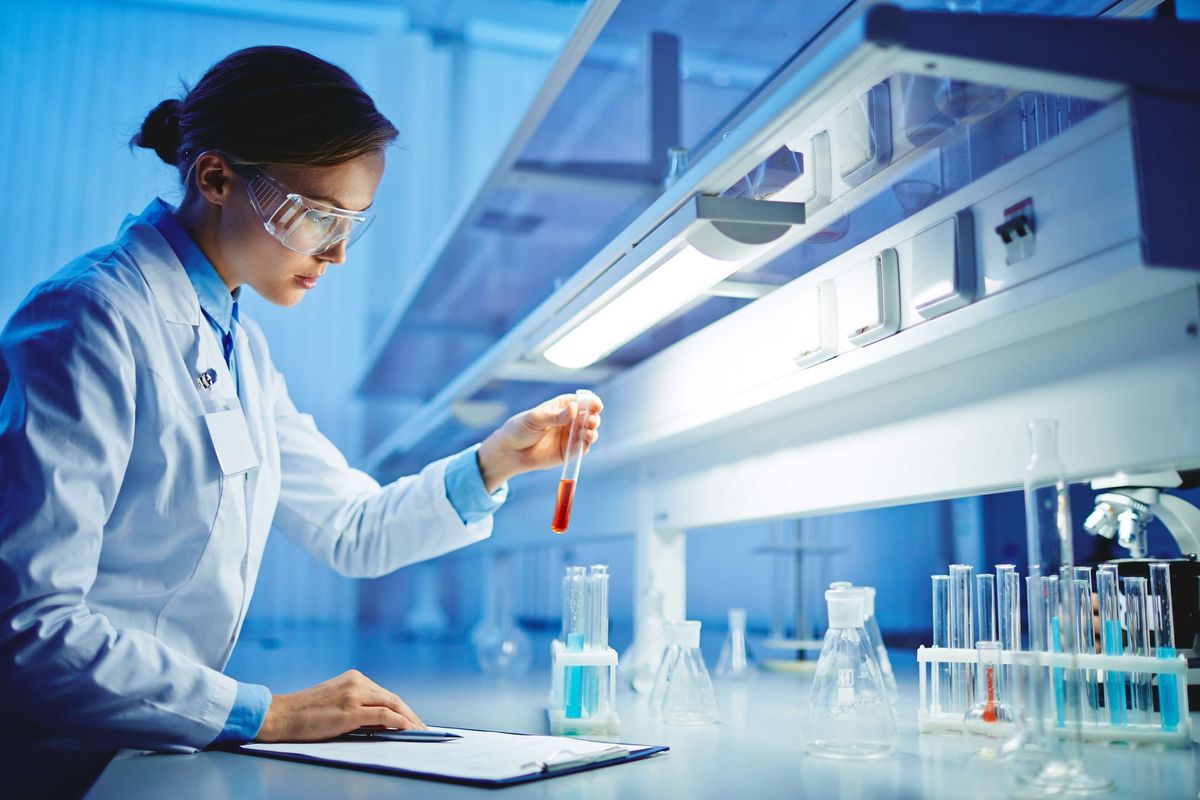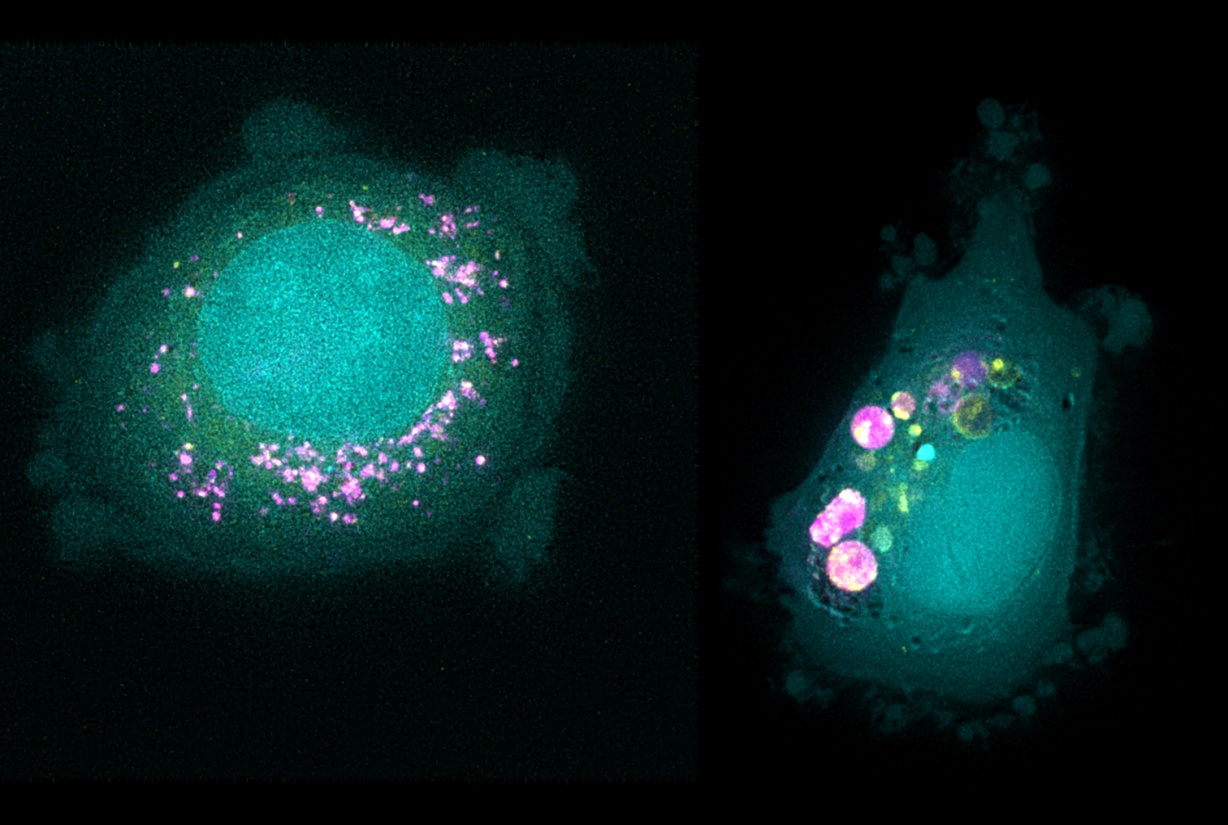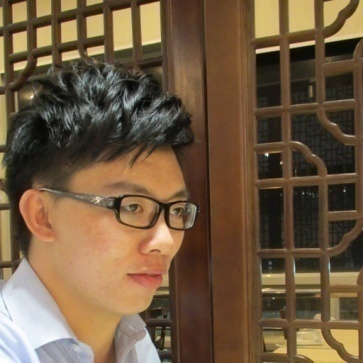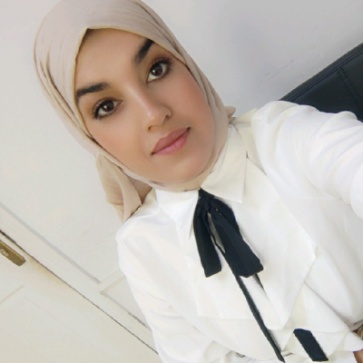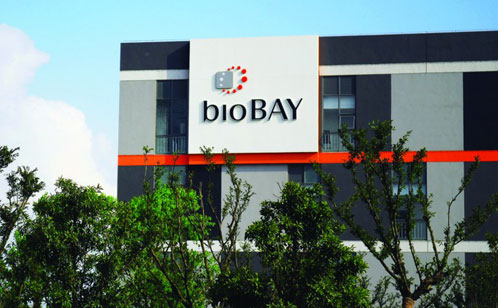What is a venture builder?
Venture Builder, also called startup studio, startup factory, or venture studio — is an organization who build startups using their own ideas and resources.
There are five core activities in which Venture Builders engage: identifying business ideas, building teams, finding capital, helping govern or manage the ventures and providing shared services.
Venture studios create startups by incubating their own ideas or ideas from their partners. The studio’s internal team builds the minimum viable product, then validates the idea by finding product/market fit and early customers

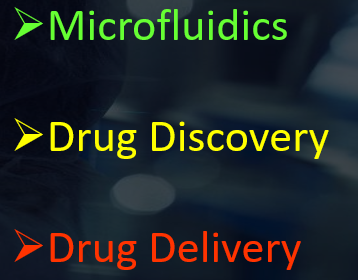






 is a multicultural, multinational AI-Focused Venture Studio that is headquartered in Silicon Valley, with subsidiaries in Hong Kong, Mumbai and People Republic of China.
We collaborate with Universities and Research Institutions in North America and Asia focus on Research, Design, Development and Commercialization of:
is a multicultural, multinational AI-Focused Venture Studio that is headquartered in Silicon Valley, with subsidiaries in Hong Kong, Mumbai and People Republic of China.
We collaborate with Universities and Research Institutions in North America and Asia focus on Research, Design, Development and Commercialization of: 








